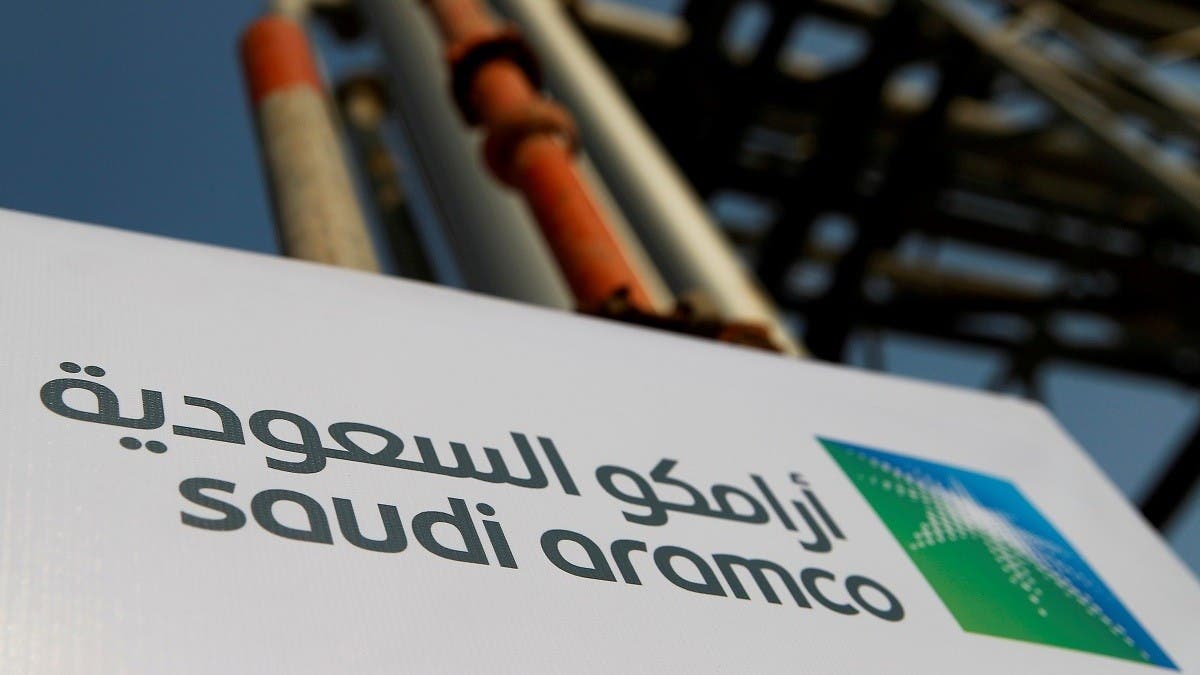Saudi Aramco is considering an initial public offering of its trading arm amid a boom in oil prices in what could be one of the world’s biggest listings this year, according to people with knowledge of the matter.
The state-controlled oil major is working with banks including Goldman Sachs Group Inc., JPMorgan Chase & Co. and Morgan Stanley as it studies a potential listing of Aramco Trading Co., the people said, asking not to be identified as the information isn’t public.
For the latest headlines, follow our Google News channel online or via the app.
The trading unit could fetch a valuation of tens of billions of dollars, the people said, with two of them saying it could be potentially worth more than $30 billion.
Aramco, which recently became the world’s most valuable company, could sell a 30 percent stake in the division, two of the people said, which would make it one of the world’s biggest IPOs this year. South Korea’s LG Energy Solution raised about $10.8 billion in January.
Other major oil producers have mostly kept their trading units under wraps, wary of revealing the secrets of a major source of profit. Aramco is still debating the merits of the potential listing, and there’s no certainty it will proceed, the people said.
Details of the offering, including size and timing, could still change. Representatives for Goldman Sachs, JPMorgan and Morgan Stanley declined to comment, while spokespeople for Aramco and Aramco Trading didn’t immediately respond to requests for comment.
Energy companies in the Middle East have been taking advantage of a surge in oil prices to list assets as their governments seek to reduce their reliance on oil and draw in foreign investors. Aramco is considering listing its refining company Luberef, Bloomberg News reported last month.
Saudi Arabia also started preliminary discussions on a fresh Aramco stock offering that could raise more money than its landmark listing two years ago, people familiar with the matter said in February.
Other Aramco subsidiaries that are already listed include chemicals maker Saudi Basic Industries Corp., and Rabigh Refining & Petrochemical Co. The United Arab Emirates’ national oil company has followed a similar pattern, listing its drilling unit and fertilizer maker last year.
Aramco established the trading unit in 2011 and now trades everything from crude oil to LNG, according to its website. National oil companies in the world’s biggest crude-producing region have added trading arms in a bid to squeeze more revenue from each barrel and expand from simply exporting the raw commodity.
The Middle East has emerged as a bright spot for IPOs as oil prices above $100 a barrel fill energy companies’ coffers, while increased weighting in regional indexes has led to significant equity inflows.
Russia’s invasion of Ukraine and hawkish central bank policies have put a lid on listings around the globe, but the Gulf has so far avoided most of the volatility and global investors have flocked to offerings in the region.
Aramco on Sunday posted its highest profit since its record stock market listing after oil prices jumped in the wake of the Ukraine war. Global energy demand has also recovered after the coronavirus pandemic put a lid on it due to lockdowns affecting economic activity.
Read more: Saudi Arabia trying to provide solutions, not be cause of problem: Energy minister


 World3 years ago
World3 years ago
 World3 years ago
World3 years ago
 Business12 months ago
Business12 months ago
 Entertainment7 years ago
Entertainment7 years ago
 World7 years ago
World7 years ago
 Entertainment7 years ago
Entertainment7 years ago




